We’ve curated a list of our favourite external Earth Science resources!
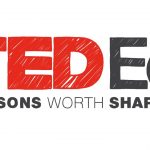
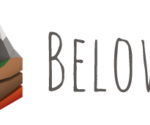

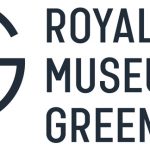
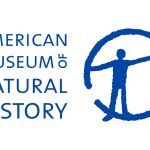
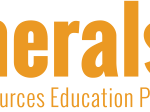
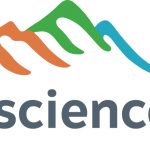
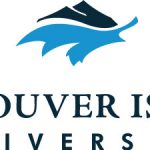
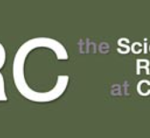
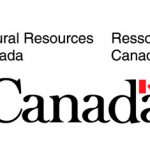
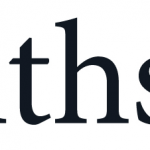
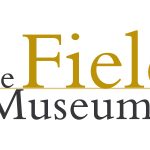
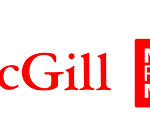
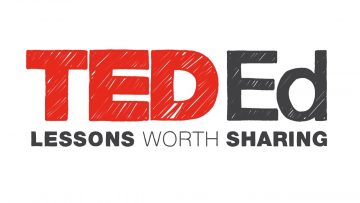
TED’s youth and education initiative. TED, where Technology, Entertainment and Design converge.
- Paleontology (6 items) https://ed.ted.com/search?qs=paleontology
- Geology (32 items) https://ed.ted.com/search?qs=geology
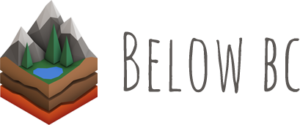
Below BC connects a range of audiences with all aspects of Earth Science with creative, engaging ,and compelling events and resources, online and in person. http://bbcga.com/
- Gigapixel “GigaPan” landscapes: http://bbcga.com/gigapan-images/

Several high value "hands on" activities that are great for all ages.
https://www.usgs.gov/science-support/osqi/yes/resources-teachers.
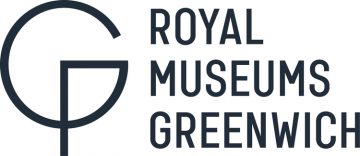
The Royal Museums Greenwich has an exceptional 3D interactive 16th century globe:
https://www.rmg.co.uk/discover/explore/3d-mercator-terrestrial-globe-virtual-tour
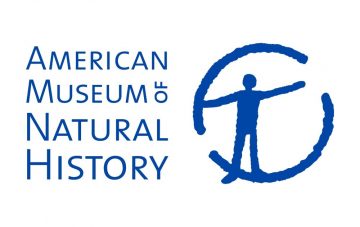
The American Museum of Natural History has a fantastic collection of online learning resources as well as climate change & Earth related activities. See especially “ask a scientist” and “if rocks could talk".
![]()
MineralsEd is a B.C.-based educational organization dedicated to encouraging and supporting Earth science, mineral resources and mining education in schools. They have a fantastic suite of classroom-ready resources for K-12 students written and developed by teachers to support the BC curriculum: Mineral Resources Education Program of BC.

The Minerals Education Coalition is an international partnership among academic, national and industry organizations involved in making minerals available for society. This site covers a wide range of interests, aiming to inform and educate about the importance of minerals and mining for public, K-12 and other audiences.
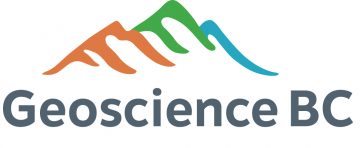
Geoscience BC provides independent, relevant, and public Earth science research and data about British Columbia’s minerals, energy and water resources.
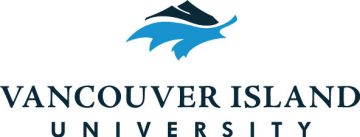
Vancouver Island University has an excellent selection of curated K-12 Earth Science Education resources. Including teaching activities, printable maps, and BC School curriculum connections.
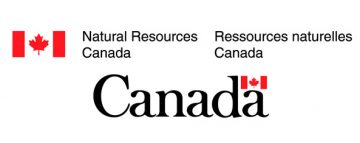
Natural Resources Canada has an excellent self-guided tour of the Sea to Sky Highway (Vancouver to Whistler). Download the PDF here.
![]()
The Smithsonian has created a "learning activities choice board" with great educational resources. You can also access their Learning Lab where you can "teach effectively by creating your own interactive learning experiences-or adopt exemplars made by teachers and Smithsonian experts."

The Field Museum in Chicago has an active "curiosity correspondent" with engaging science education videos of, for example, "meteorites vs. meteorWRONGS', "misfits of the mineral collection", "What Fossils Reveal about Today’s Climate Change", and "Glow Rocks."
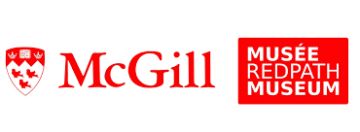
The Redpath Museum at McGill University offers a vast repository of knowledge and educational resources.
